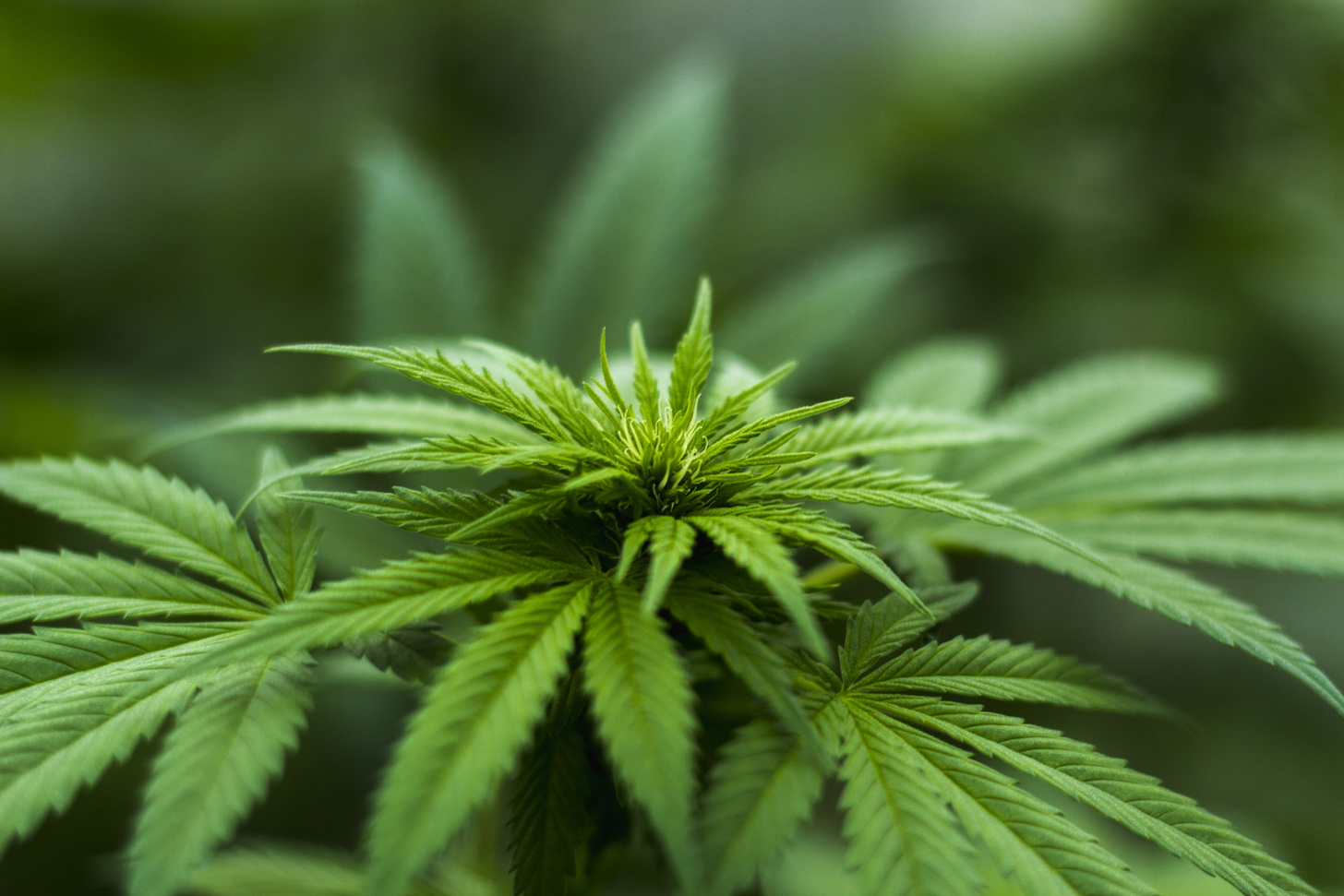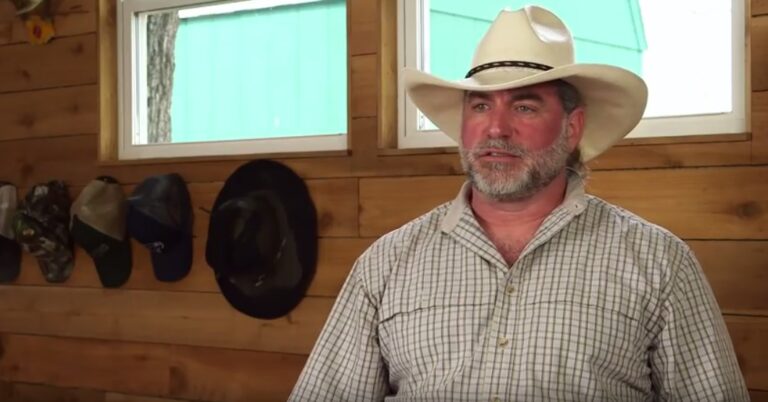News On The Green


Foundation for an Informed Texas TV ad
Latest Article|September 3, 2020|Free
::Making Grown Men Cry Since 1992


Foundation for an Informed Texas TV ad